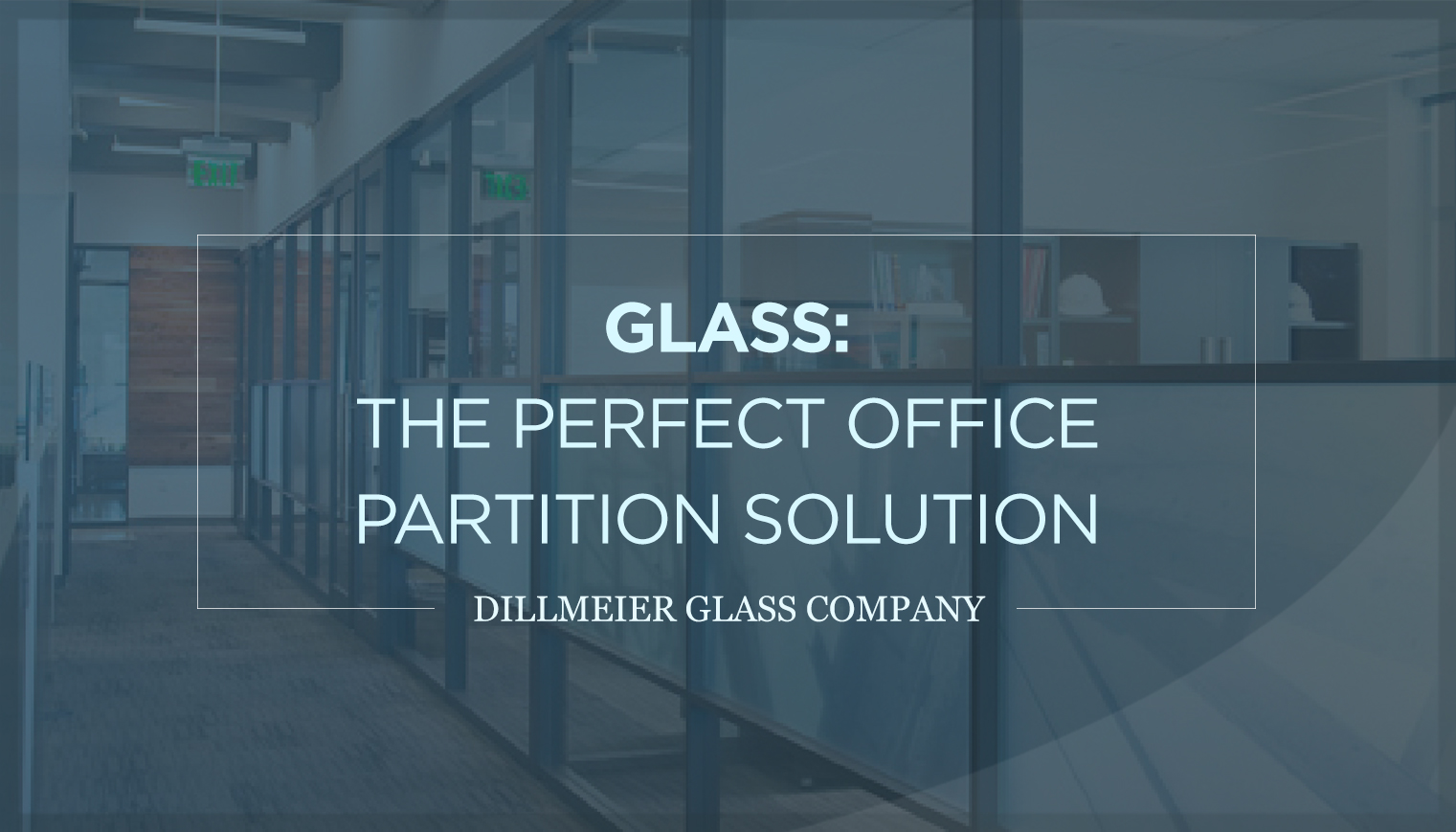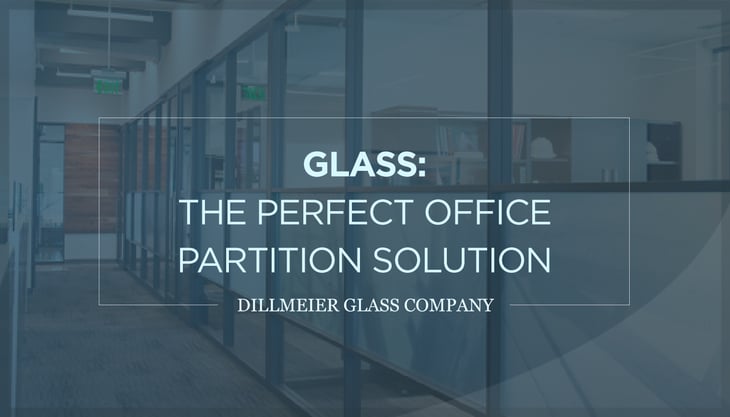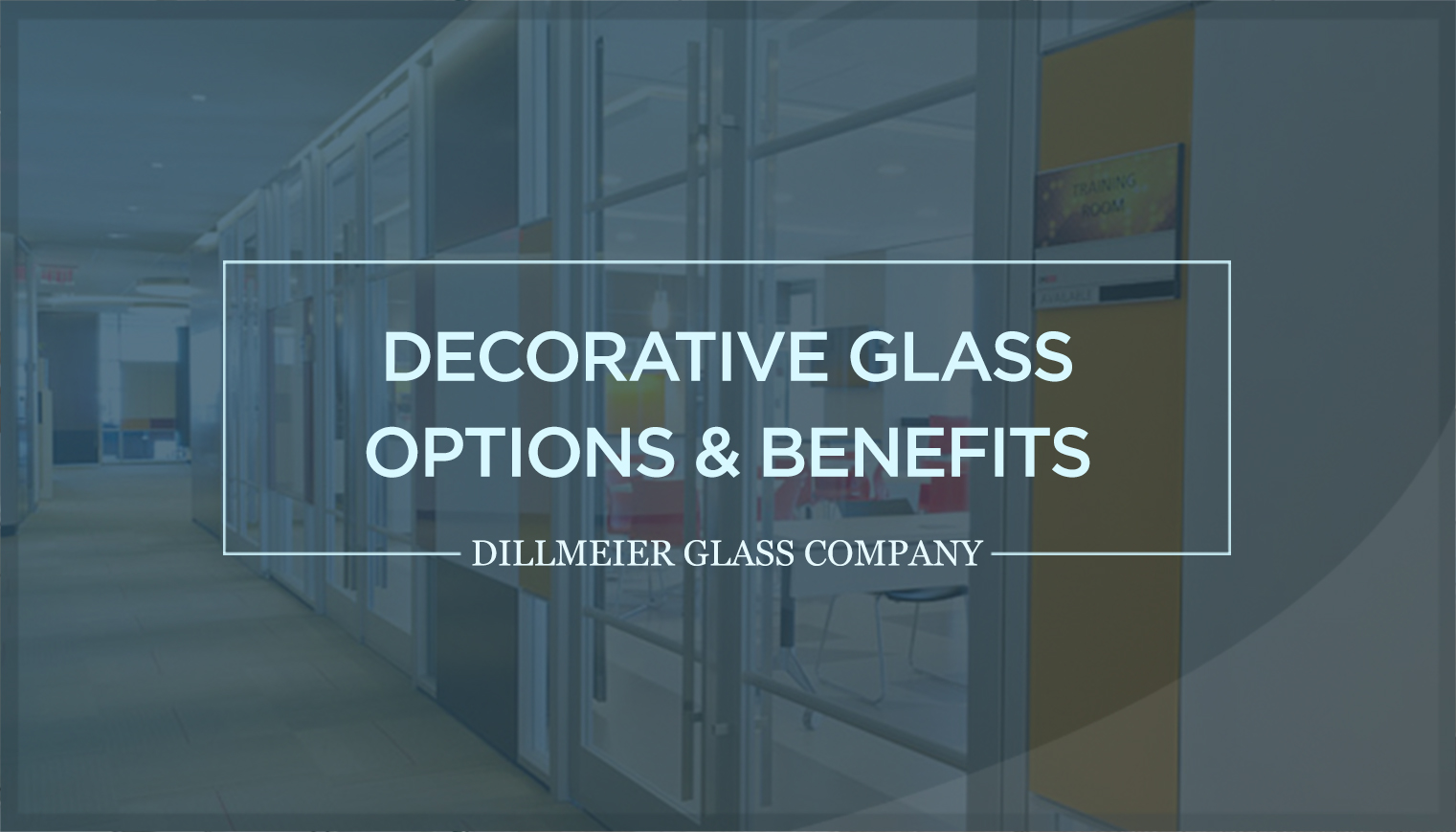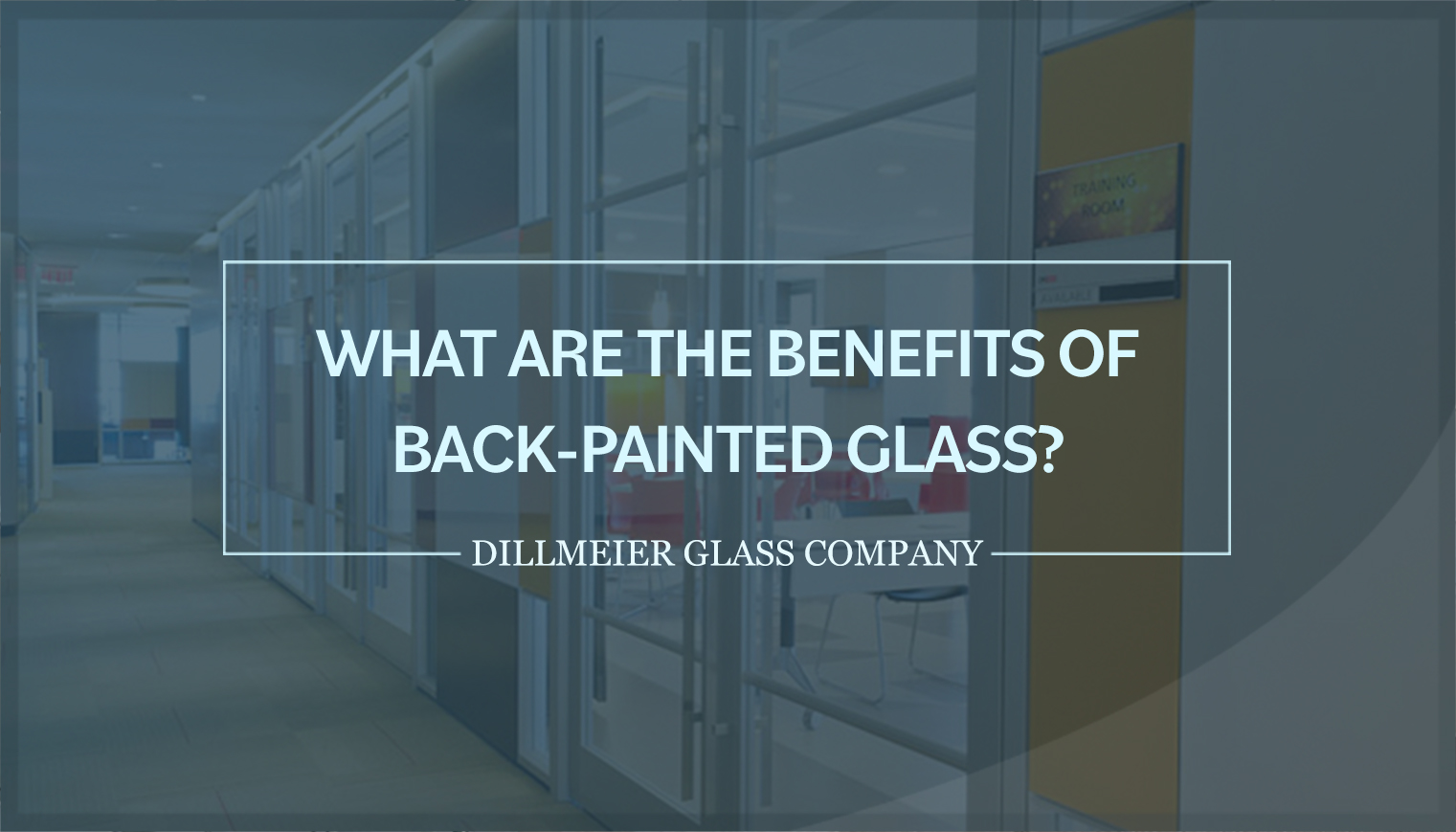Glass: The Perfect Office Partition Solution


Office partitions are growing in popularity as useful remedies to the many distractions of open workspace environments. Not only do these structures provide greater privacy and organization, but a host of other benefits, depending on composition.
Glass office partitions, in particular, offer a wide array of advantages, from improvements in employee morale associated with increased natural light, to greater options regarding aesthetics and functionality within the workplace.
Here’s a list of popular office partition materials and how glass fits perfectly into any such solution:
Aluminum
Aluminum is the chief office partition material used to frame out glass, and its cost-effectiveness derives from its strength. Less is needed to support a wall, compared to wood, or even steel. Aluminum can be partially or fully glazed, or powdered, for aesthetics and protection.
Durable and lightweight, aluminum-framed partitions can support glass panes where they otherwise would typically not fit.
This compatibility facilitates glass-centric designs boasting transparency, style, and plenty of natural light.
Wood
Durable, cost effective, and also highly supportive of glass, wood boasts many tones and varieties that can transform any office, conference room or reception area. From oak and mahogany to pine, spruce, and many other species, all can incorporate glass to create the perfect look and function for your workplace.
Gypsum
This mineral is yet another commonly combined with glass in office partition designs, particularly those demanding quick turnaround times and low price points.
A key component of drywall and Sheetrock—also known as gypsum board—the gypsum/glass partition combo provides a wide range of options, depending on your office’s needs. Customized semi-translucent partitions are but one. Glass fibers are also utilized to reinforce gypsum ceiling and wall panels, as well as doors and windows.
Using Glass in Office Partitions
Any of the above materials are significantly better when combined with glass. Adding glass to an office partition can be beneficial for everything from acoustics and appearance to privacy and functionality. One of its biggest advantages is its translucency, which facilitates and regulates the flow of natural sunlight throughout the workplace. This characteristic boosts employees’ morale and overall health.
Decorative modifications, such as frosting or silk screening, provides customized degrees of transparency, personalization, and light.
Harvard Business Review cites “workers in daylight office environments reported a 51% drop in the incidence of eyestrain, a 63% drop in the incidence of headaches and a 56% reduction in drowsiness.”
Such pluses were echoed in a research paper titled “Worker Reactions to Electrochromic and Low e Glass Office Windows,” by Dr. Alan Hedge, a professor in the Department of Design and Environmental Analysis at Cornell University.
Despite its transparency, glass can still retain privacy. Styles include modular, framed, or frameless partitions. Decorative modifications, such as frosting or silk screening, provides customized degrees of transparency, personalization, and light.
Finding the Perfect Solution
When determining the best solution for your office partition, it’s helpful to consult with an experienced, reputable team who can answer any questions and run down a list of viable options to best meet your specific needs.
It’s also useful to ask yourself the following beforehand: What are your office design goals? What is your budget? What is your installation deadline?
Dillmeier Glass Company
Contact us to learn more about how glass office partitions can improve your workspace.


